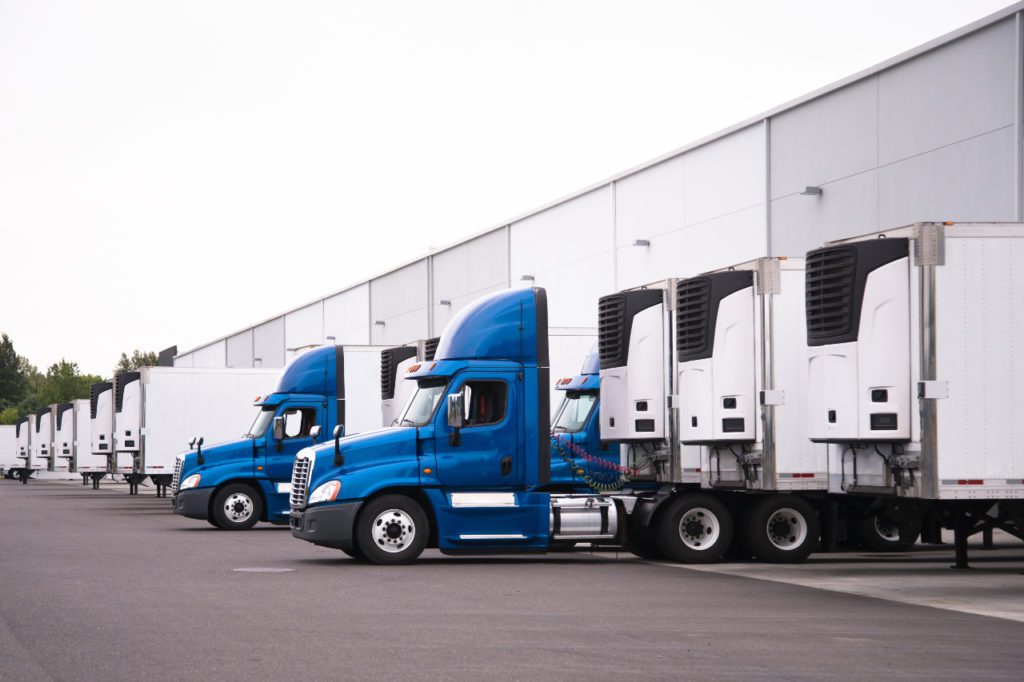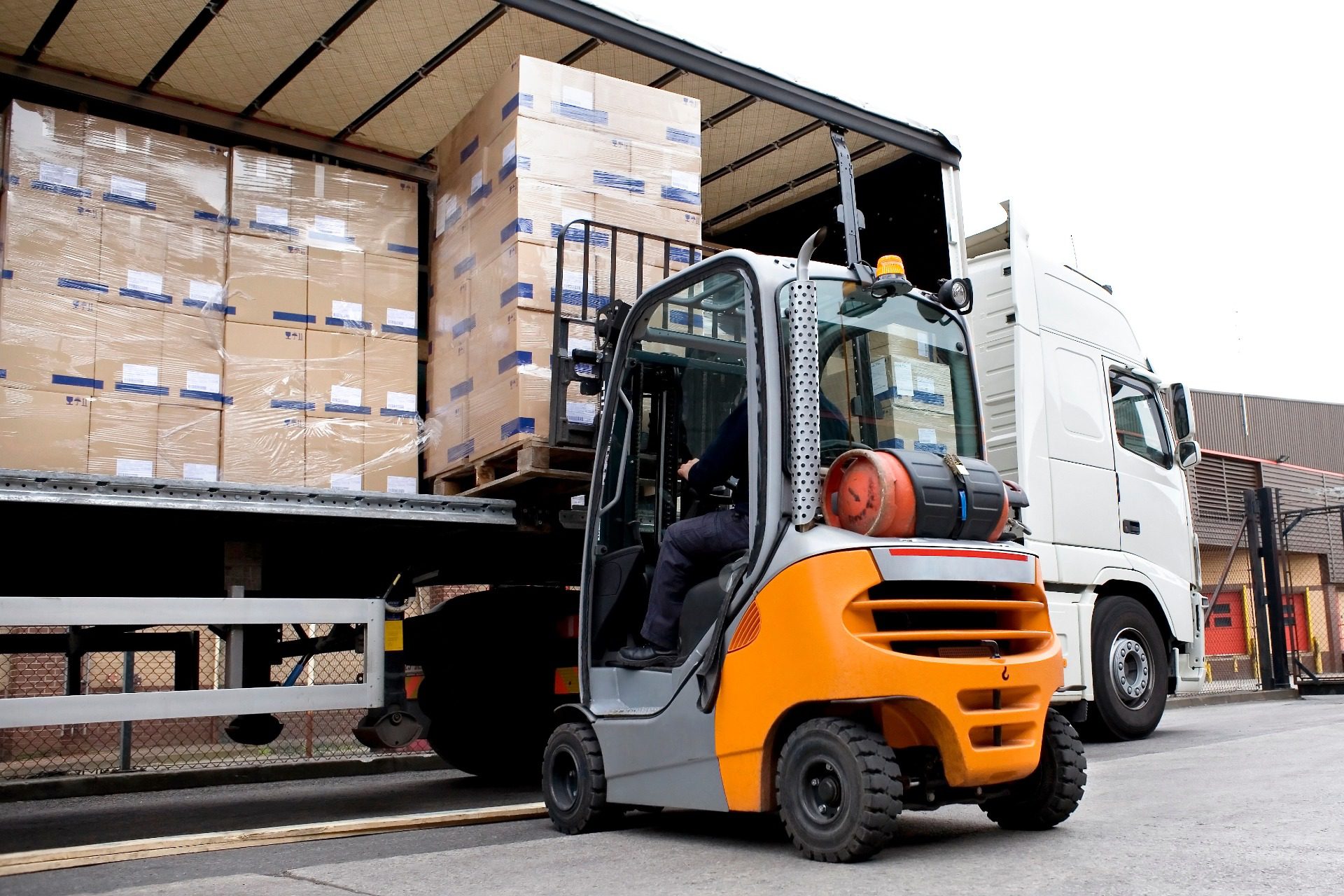As an eCommerce business owner, you know how important it is to quickly get your products out the door and into the hands of your customers. You might even know you need a logistics partner. But when you’re juggling multiple tasks and trying to maintain quality control, do you know whether you need a 3PL or 4PL provider? The critical difference between these two types of fulfillment partners lies in their approach and services.
Let’s explore 3PL vs 4PL and break down what each partner offers, their differences, and which makes more sense for your logistics needs.
What is a 3PL?
3rd Party Logistics (3PL) refers to an outsourced provider of logistics services such as warehousing, transportation, inventory management, order fulfillment, etc. 3PLs provide these services and offer additional value-added services, such as packaging or labeling items before shipping them out.
The main benefit of using a third-party logistics provider is cost savings and flexibility. Depending on which partner you go with, you may not need to invest in expensive infrastructure or hire staff dedicated solely to managing logistics operations.
Advantages of 3PL
As noted, a primary advantage of using a 3PL is cost savings due to economies of scale. By outsourcing your order fulfillment needs, you’re able to:
- Take advantage of existing infrastructure and resources
- Save time and money in setting up your system
- Access better technology and processes than most small businesses would be able to afford on their own
- Have an experienced partner in managing complex supply chains
- Trust your orders will be fulfilled quickly and accurately – every time, every order
- Able to weather volatility
- Ability to scale quickly
- Flexibility to navigate changes in volume, seasonal shifts, etc.
- Locate inventory across the country, rather than just one location
Disadvantages of 3PL
A potential downside to working with a third-party logistics provider is lack of control. You’re entrusting the order fulfillment process – often from start to finish – to an outside source who’ll be handling things outside your organization.
Delays or errors during shipment can also be challenging to address. Unless you have an exceptionally robust and qualified partner like ShipCalm, you often won’t have direct control over much of, if any part of, the process. Additionally, some providers may charge higher fees depending on the volume needed and services offered. This is why it’s so essential to understand all associated costs before signing any contracts with a logistics provider.
What is 4PL?
4th Party Logistics (4Pl) – also referred to as lead logistics providers, or LLPs – is a logistics solution that provides end-to-end supply chain management services to help eCommerce businesses streamline operations.
4PL vs 3PL differs mainly in that 4PL takes outsourcing a step further. 4PLs provide comprehensive supply chain solutions that can include physical processes, strategic planning, and even consulting services related to supply chain optimization.
In short, a 4PL provider acts as an integrator who coordinates all aspects of the supply chain process. 4PLs manage supply chains and help with things such as:
- Sourcing materials from suppliers
- Storing goods in warehouses
- Transporting goods through various modes
- Fulfilling orders
- Tracking shipments
- Handling returns and refunds
- Optimizing delivery routes and schedules
- And more
4PLs leverage technology platforms like AI/ML algorithms and predictive analytics tools for improved efficiency and visibility into the entire process flow. This means you can spend your time focusing on core things like product development or marketing instead of worrying about logistical details associated with running an efficient operation.
Advantages of 4PL
A primary advantage of using a 4PL in logistics is reducing costs associated with managing the entire supply chain process. By taking on the role of an integrator, 4PLs can leverage economies of scale when dealing with different vendors. The result? Substantial cost savings for brands and their clients.
4PLs can also help you:
- Streamline operations
- Achieve better visibility into each step of the process
- Make informed decisions quickly and efficiently
- Minimize risk exposure from external factors – like weather or market fluctuation
Finally, having access to experienced 4PL professionals can greatly improve customer satisfaction. As a result, you’ll become a brand known for faster delivery times and higher quality products/services delivered consistently over time.
Disadvantages of 4PL
The main disadvantage of using a 4PL is they lose control over the 3PLs they use. Another potential downside is they often require long-term contracts. This might not be feasible for small businesses or anyone just starting out in an industry. Other drawbacks might include:
- Agreements can involve high setup fees
- Recurring charges throughout a contract
- Potential for high cost if demand suddenly drops unexpectedly
- Specific risk that’s always involved when outsourcing supply chain operations, such as:
- Lack of control over processes
- Delays or errors that negatively impact the customer-experience
- Complex needs that result in not having adequate resources available
- Inability to meet specific requirements
Differences Between a 3PL vs a 4PL
3PL providers offer outsourced logistics services for part or all of a business’s supply chain management functions. These services might include order fulfillment, warehousing, transportation management, inventory control, and more.
4PL providers coordinate the resources of other companies to design, build, and manage end-to-end complex supply chains for businesses. Think of 4PLs as consultants who provide technology integration and process optimization expertise. They also coordinate multiple service providers to ensure smooth delivery across the entire supply chain network.
Order fulfillment
Regarding order fulfillment, 3PLs are typically responsible for managing the storage and distribution of products within warehouses or distribution centers.
4PLs focus on coordinating with multiple vendors throughout the entire supply chain process – from product sourcing through customer delivery – to optimize cost savings and efficiency gains every step of the way.
Supply chain optimization
In terms of optimizing your overall supply chain performance, 3PLs generally provide basic support by helping you manage inventory levels at each stage in your warehouse.
4PLs go further, providing strategic guidance on improving processes. For example, they can help with things like forecasting demand or improving lead times so you can make better decisions about where resources should be allocated for maximum efficiency gains over time.
Communication
Communication is a key difference between 3PL and 4PL solutions. 3PL providers typically communicate directly with customers via email or phone calls.
4PL providers work behind the scenes with vendors to ensure orders are processed quickly without any delays due to miscommunication issues. This allows greater flexibility when making changes based on customer feedback or new market conditions. In addition, 4PLs have direct access to supplier networks, which makes adjusting strategies much more accessible.
3PL or 4PL – What Makes Sense?
Understanding the differences between a 3PL and 4PL can help you make an informed decision on which type of provider is best suited for your eCommerce business needs. Both offer services that help streamline the shipping process for businesses, but they differ in their approach and capabilities.
At ShipCalm, we understand the importance of quickly and accurately shipping products. That’s why we offer complete and reliable 4PL or 3PL services tailored to every client’s needs. By running our own 3PL warehouses, we maintain complete control and configurability that mitigates most if not all of the downsides of either option on their own. The benefits of using ShipCalm are clear – our experienced team works closely with you every step of the way to ensure your products reach your customers safely and securely. To learn more about our pricing options, visit ShipCalm today.




